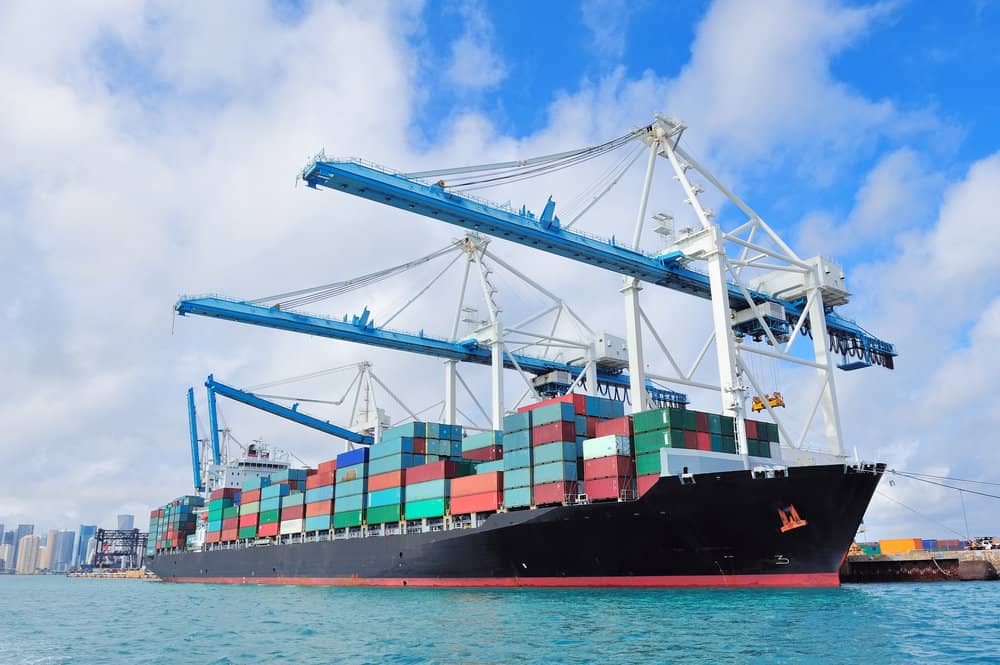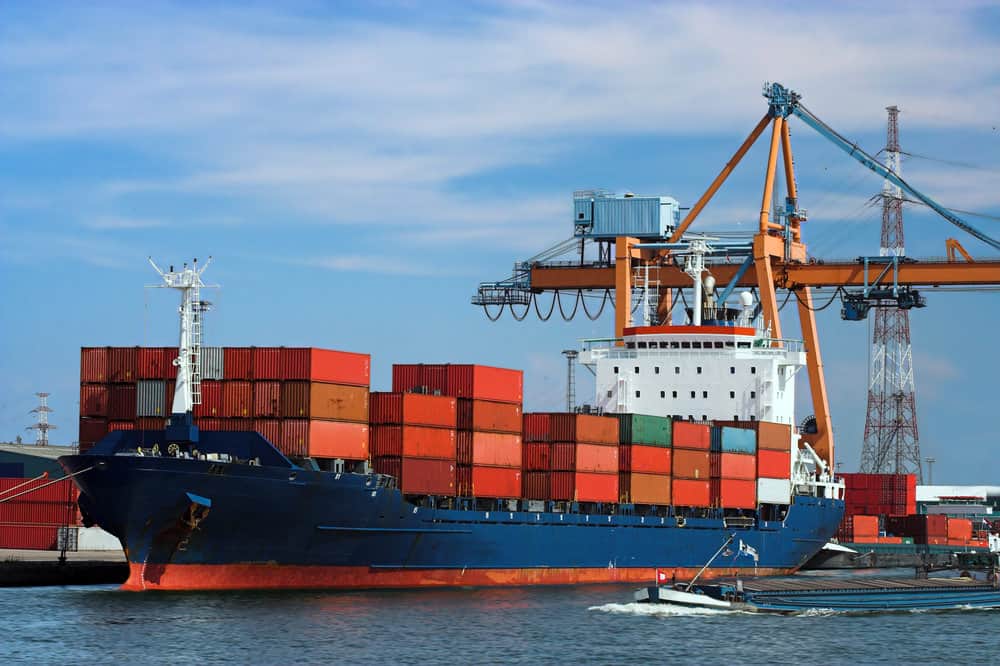Maritime law stands apart from other laws with jurisdiction over commercial activities on navigable waters, encompassing shipping, trade, finance, and insurance. Experienced maritime attorneys play a crucial role in this realm governed by international treaties, federal regulations, and state laws, ensuring fair compensation for shipowners and crew members.
However, the nature of their work presents challenges that maritime attorneys must confront. This article delves into how Long Beach maritime lawyers https://naylorlaw.com and others overcome obstacles to represent individuals working at sea.
Understanding the Complexities of Maritime Law
Over centuries, maritime law has evolved into a body of legislation that addresses multifaceted concerns such as protection, piracy prevention and response measures, and liability claims arising from incidents involving passengers or crew members.
One notable example is the Jones Act. This legislation grants seafarers injured on ships operating within US waters jurisdiction over lands when seeking compensation for negligence or careless actions by fellow crew members. Additionally, the concept of seaworthiness is embedded within this act. It places a responsibility on vessel owners to ensure that their seafaring vessels are adequately equipped with safety measures fit for use, besides driver fitness requirements in land-based transportation contexts.
Sailors affected by an accident may need an extended recovery period away from work during the healing process. In such cases, they can file a lawsuit if they have experienced pain and suffering, losses, and physical impairments that result in long-term job opportunities being impacted. Advocates can help pursue compensation for lost wages until marriage age and ensure care throughout their life expectancy. However, filing a claim under these circumstances involves navigating language buried within lengthy agreements in shipping industry contracts (such as a charter party or bill of lading). Experienced lawyers best handle this task with years of expertise.
The Challenges of Practicing Maritime Law
Maritime cases present complexities compared to most land-based litigation due to varying laws based on factors like vessel flag state, ownership, and crew nationality. Additionally, most cases do not reach resolutions as litigation often involves high stakes where shipowners or insurance providers employ strong legal representation to limit their liability.
These challenges can discourage attorneys from specializing in the law since handling contracts or initiating legal actions may require international travel and extensive work with technical documentation and testimonies from multiple expert witnesses. It requires a lot of time, money, and patience for lawyers to navigate the process. Unexpected procedural changes, such as filings from the opposing parties, can prolong the litigation period, emotionally draining both sides. Hence, it is crucial to have experienced attorneys with in-depth knowledge that helps anticipate how judges might interpret decisions during trial. This foresight is essential in constructing claims that can withstand scrutiny and effectively demonstrate who should take responsibility for any losses.
In addition to courtroom trials, a considerable amount of time is spent on shaping the case through communication during the discovery phase and developing arguments supported by undeniable evidence. Pre-trial negotiations also play a role in determining the cost-risk analysis for both parties involved. Ultimately, these efforts aim to build a narrative framework that ensures clients receive the compensation they seek after enduring battles. A skilled lawyer also recognizes the importance of gathering records while injuries are still fresh. The stress involved in presenting arguments can lead to difficulties when severe wounds lose their sharpness and expert opinions become controversial due to developments in the medical field. Additionally, as time passes, potential witnesses may forget the incident’s details.
Maritime attorneys should prioritize protecting their clients, who are often immigrants sailing on vessels under flag states and bound by contracts governed by unfamiliar and disadvantageous legal frameworks from other countries. Through diligence, attorneys can identify contract clauses undermining protection for workers seeking compensation.
Conclusion
Maritime law plays a role in safeguarding seafarers’ rights and ensuring compensation for their challenges while working at sea. Attorneys with an understanding of legislation are instrumental in interpreting court briefs and constructing legal arguments for their clients. However, there are still obstacles to overcome. Navigating international jurisdictions and deciphering complex legal frameworks requires knowledge acquired through years of experience before taking any significant action seriously.
Despite the challenges that come with working in the field, individuals in occupations exposed to risks, such as those on offshore drilling rigs or tankers navigating treacherous waters, bear great responsibility. They play a key role in shaping the foundation on which these professionals build their careers amidst the waves surrounding them.











